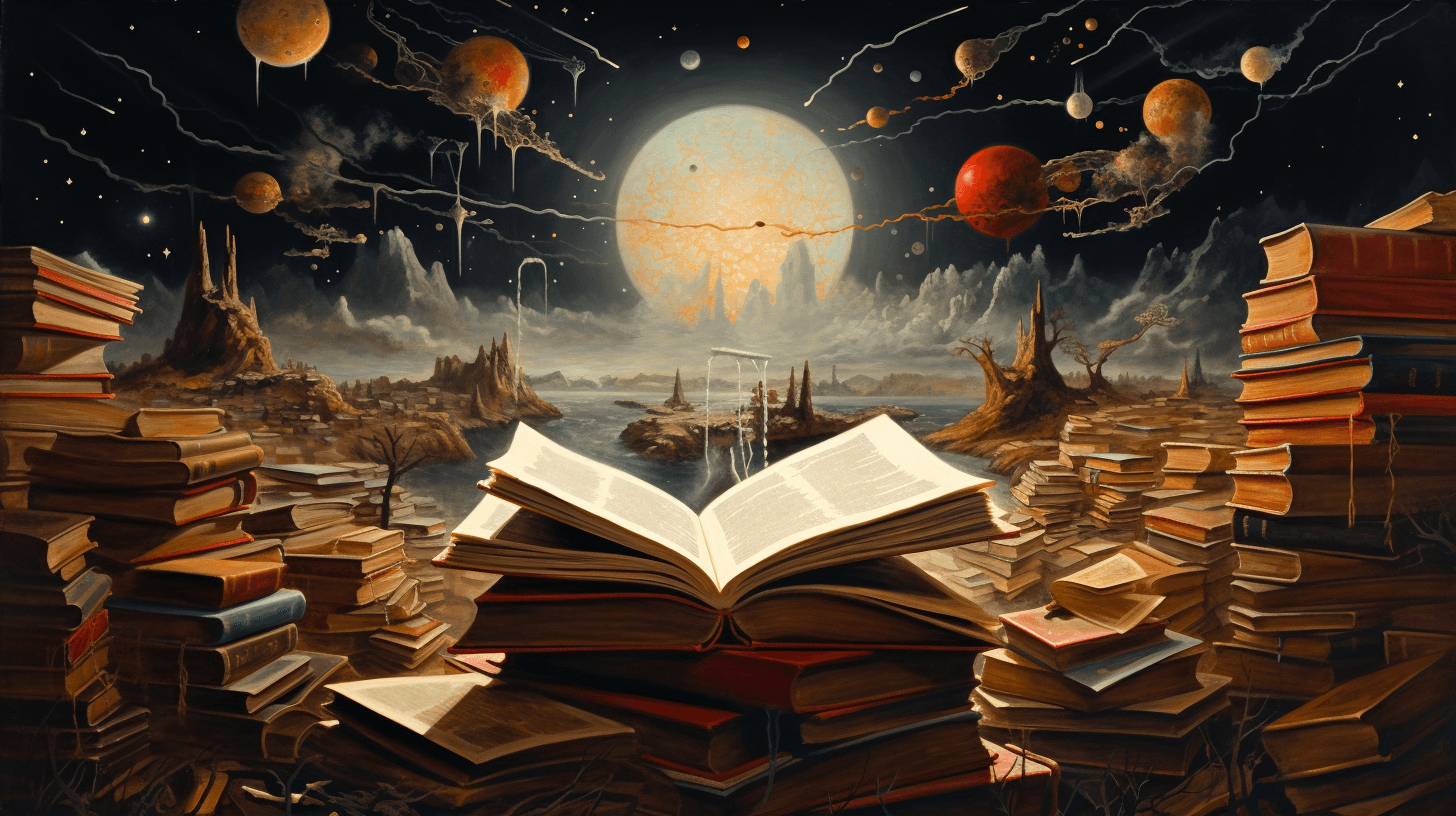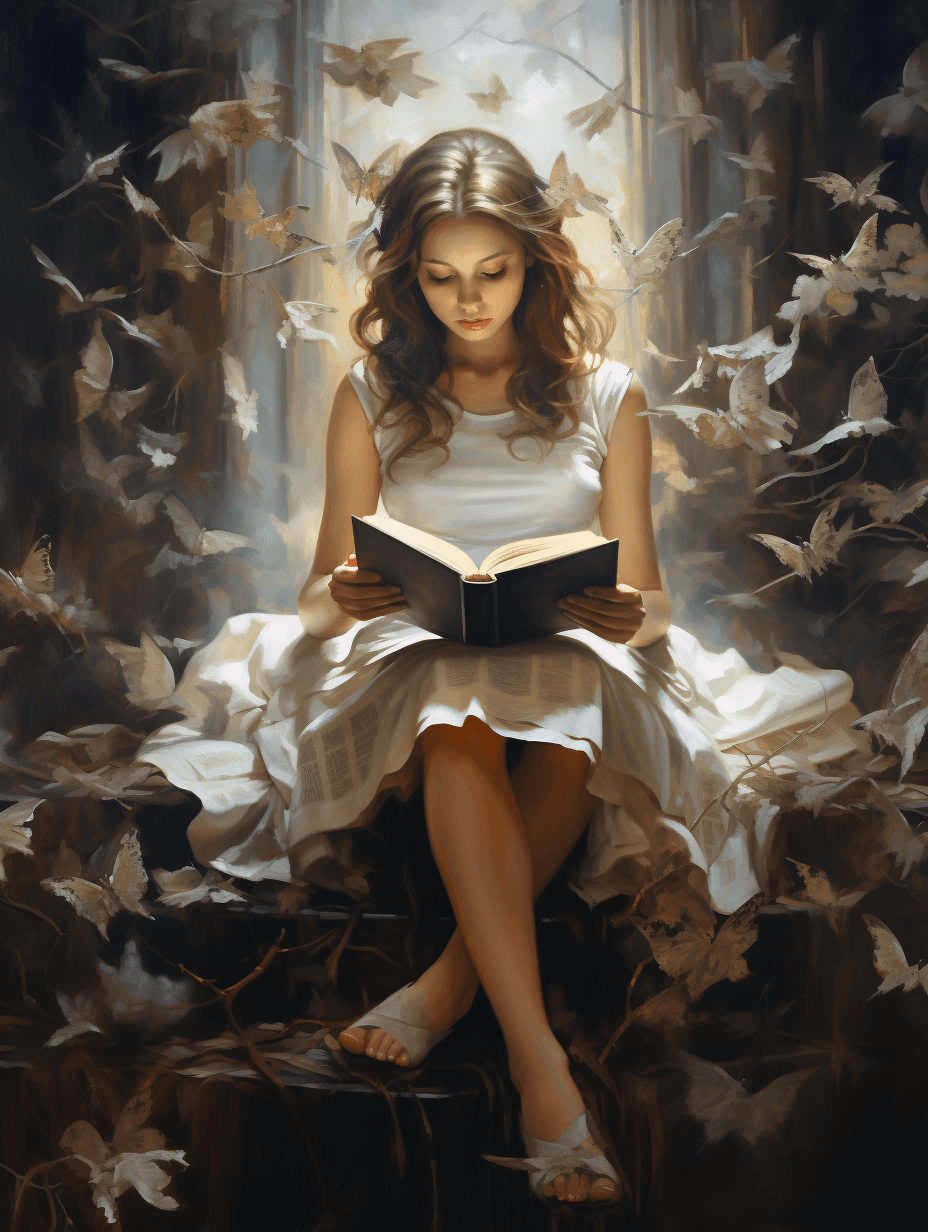Literature
Literature, a cornerstone of human culture, serves as a mirror reflecting the complexities, aspirations, and struggles of humanity. Through words, authors paint vivid images, transport readers to other worlds, and tackle profound questions about existence. This article delves into the vast universe of literature, tracing its evolution and highlighting its significance in shaping and reflecting human civilization.
Origins and Ancient Literature
Long before the invention of the written word, stories were shared orally. From the campfires of ancient tribes to the courts of medieval kings, tales of gods, heroes, and everyday life were passed down through generations. Ancient civilizations like Mesopotamia gave us epics like the "Epic of Gilgamesh", while Ancient Egypt contributed with its wisdom literature, like "The Maxims of Ptahhotep".
The Greeks left an indelible mark with works like Homer's "Iliad" and "Odyssey", laying the groundwork for epic poetry and tragedy. Meanwhile, the philosophical literature of Plato and Aristotle posed questions about society, morality, and existence that are still discussed today.
Medieval and Renaissance Literature
The fall of the Roman Empire marked the beginning of the medieval era, where monasteries became the custodians of literature. The Middle Ages saw the rise of vernacular languages in literature, with epics like "Beowulf" in Old English and Dante's "Divine Comedy" in Tuscan Italian.
The Renaissance, a rebirth of art and knowledge, gave birth to some of literature's most enduring figures. Shakespeare's plays delved into the human psyche, while Cervantes' "Don Quixote" satirized the chivalric romance.
The Modern Era and Beyond
The 18th and 19th centuries brought a flurry of innovation. The novel emerged as a dominant form, with authors like Jane Austen and Charles Dickens offering insights into society and human nature. Romantic poets like Wordsworth and Keats emphasized emotion and nature in their works.
The 20th century, marked by wars and rapid societal changes, produced literature that reflected the tumult. From the stream-of-consciousness novels of Joyce and Woolf to the absurdist plays of Beckett, literature evolved in response to the world's challenges.
The digital age has transformed literature once more. E-books, online publishing, and multimedia narratives have democratized access and changed the way stories are consumed. Yet, the essence remains unchanged—a quest for understanding and a celebration of the human spirit.
Conclusion
Literature is not just a record of humanity's journey but also a compass guiding us towards the future. It captures the nuances of human emotion, chronicles our shared history, and presents visions of what might be. In the words of Victor Hugo, "Even the darkest night will end and the sun will rise." Such is the power of literature—it provides solace, ignites imagination, and remains an eternal testament to our shared human experience.

